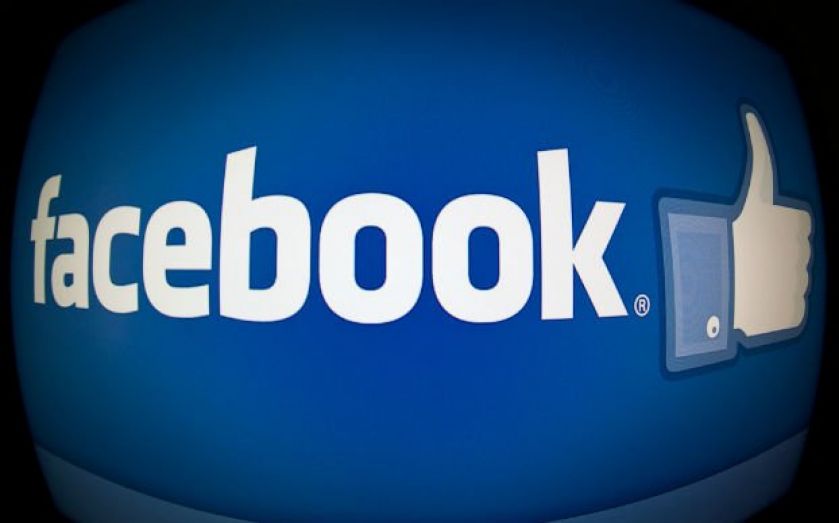Facebook is cracking down on clickbait with news feed change

Just weeks after clickbait was recognised as a modern word worthy of addition to the online oxford dictionary, Facebook has made a change to its news feed algorithm which could signal its demise.
Clickbait, or “content…whose main purpose is to attract attention and draw visitors to a particular web page” as the online OED defines, has been deemed spammy by Facebook and its users.
As the social network (more accurately) explained in a blog post:
Click baiting is when a publisher posts a link with a headline that encourages people to click to see more, without telling them much information about what they will see. Posts like these tend to get a lot of clicks, which means that these posts get shown to more people, and get shown higher up in News Feed.
Over time, stories with clickbait headlines can drown out content from friends and pages that people really care about.
That's not a good thing, and during its research, it found 80 per cent of users preferred headlines that were clear about what they were clicking through to- unlike this example.

This is despite the fact people click on the clickbait headline. It seems what people say and what they do is a different thing.
This type of clickbait content shared by publishers will now be punished by the all-powerful algorithm so it appears less in people’s news feeds.
It’s going to be judged as clickbait or not on two things; firstly, the time a user spends on the page they click through to from facebook; secondly, by the number of shares, comments and likes the post has in comparison to click throughs.
Facebook has not illuminated further on how it will measure the former however- it can’t necessarily tell what a user is doing when they click away from the site.
The aim is to present content that is engaging and valuable to users and Facebook has decided content with clickbait teaser headlines in the style of “You’ll never guess what Facebook clamped down on now” is not.
The majority of headlines from the biggest publishers are unlikely to be affected directly as a result of the change.
But those aping Upworthy's signature headline teasers – the likes of "Facebook clamped down on clickbait- you’ll never guess what happened next” – will suffer if they can’t back it up with a fulfilling read people want to share.
The effect of engagement as the new primary metric of the news feed will be interesting to watch as the update rolls out.
Considering the Facebook algorithm is credited with aiding the clickbait headline's rise to prominence by originally favouring content with more clicks, who knows what the unintended consequence of this update might be on what type of content is published.